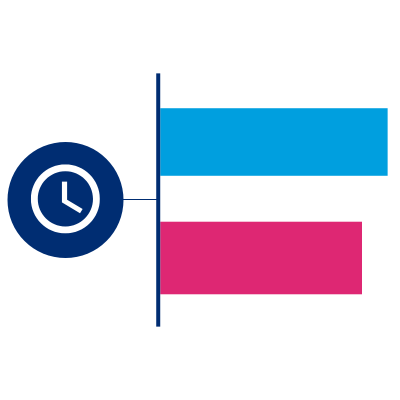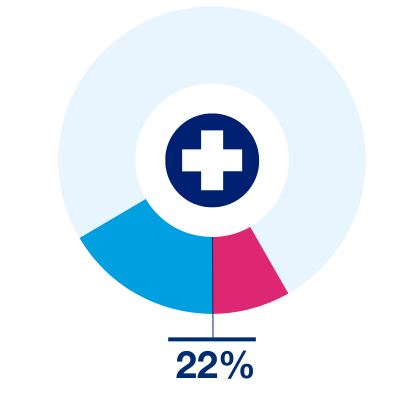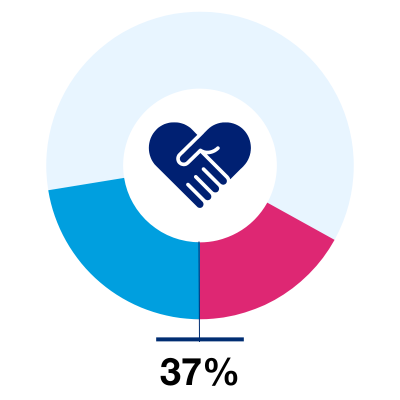Disabled people experience higher rates of domestic abuse than non-disabled people.
Disabled women are twice as likely to experience abuse than non-disabled women, and disabled people are more likely to experience abuse from an adult family member compared to non-disabled people (14% vs 6%). Studies have shown that disabled women are twice as likely to experience domestic abuse and also twice as likely to suffer assault and rape. Yet our Marac data shows that nationally only 3.9% of referrals were for disabled victims, significantly lower than our recommendation of 16% or higher Our research also shows low referral rates for disabled people into domestic abuse services.
In the second of our Spotlights series, in March 2017, we focused on the challenges facing professionals working with disabled people experiencing domestic abuse. What can we do to enable disabled people’s access to domestic abuse support and to Marac? How can we make sure they become – and stay – safe?
About SafeLives’ Spotlights series
Our 2016–2019 Spotlights series shone a light on hidden victims of domestic abuse. We explored the experiences of victim groups who face additional barriers to accessing support, and can feel ‘hidden’ from services. Discover insight from survivors, practitioners, academics and other experts, alongside our own research and data.



